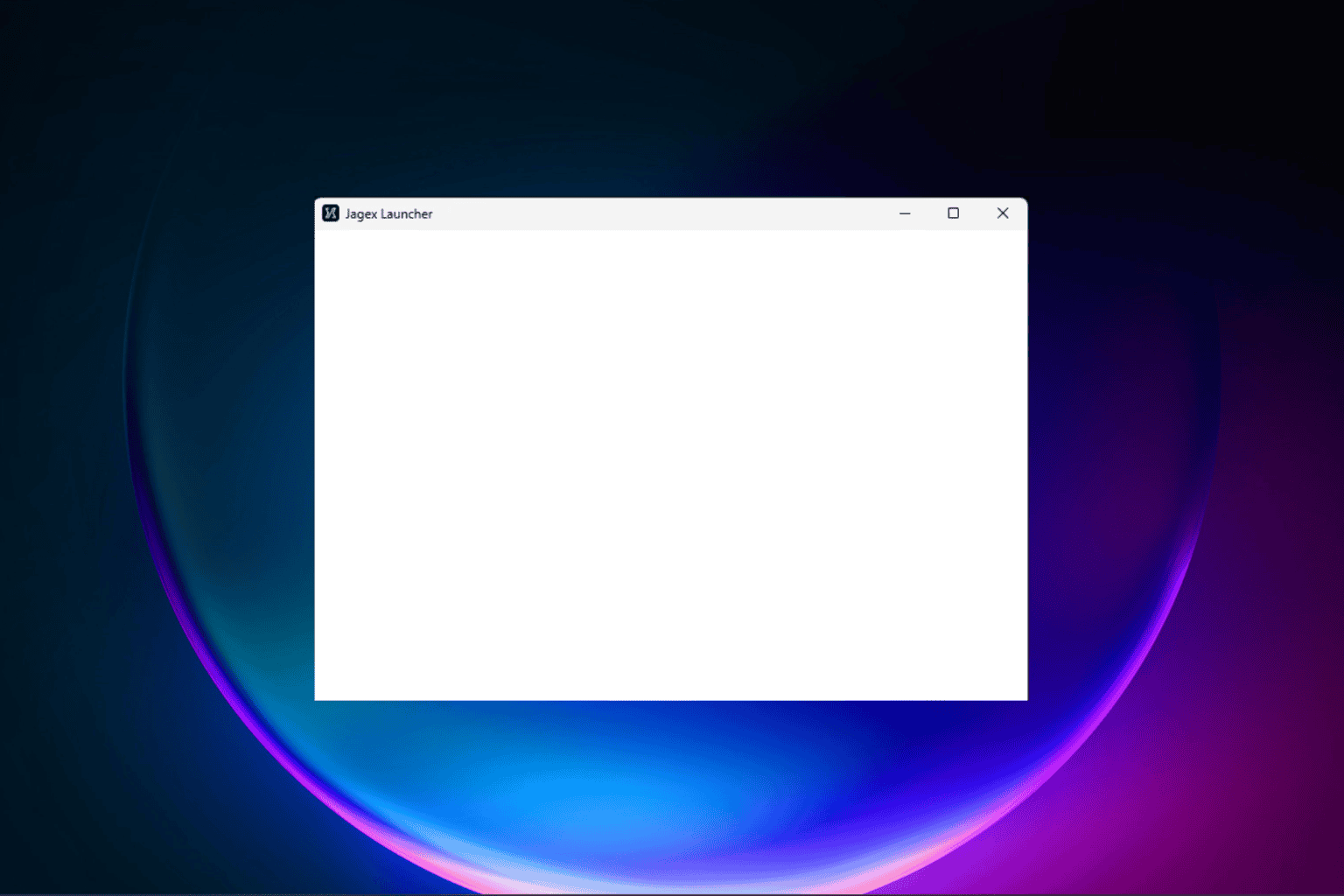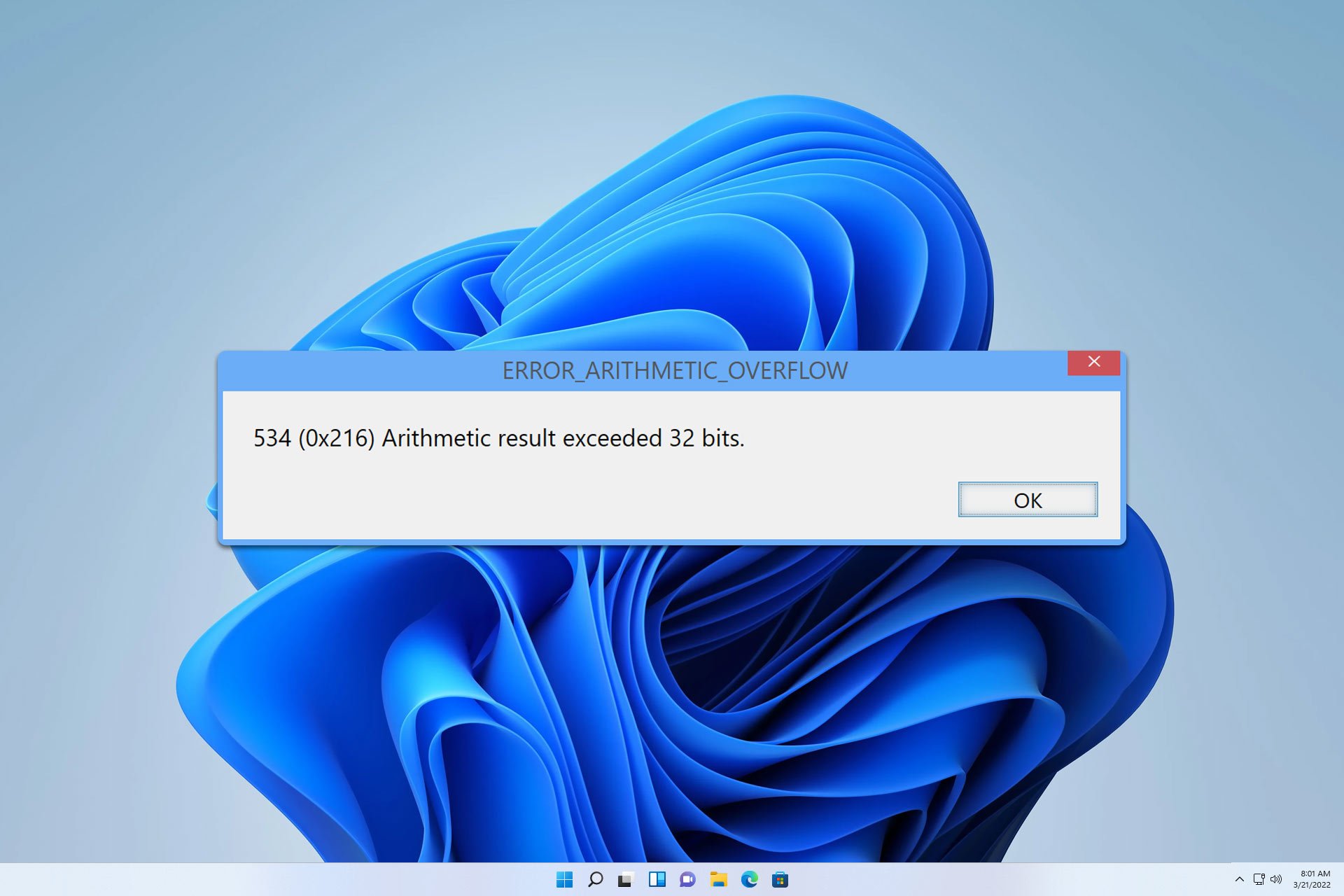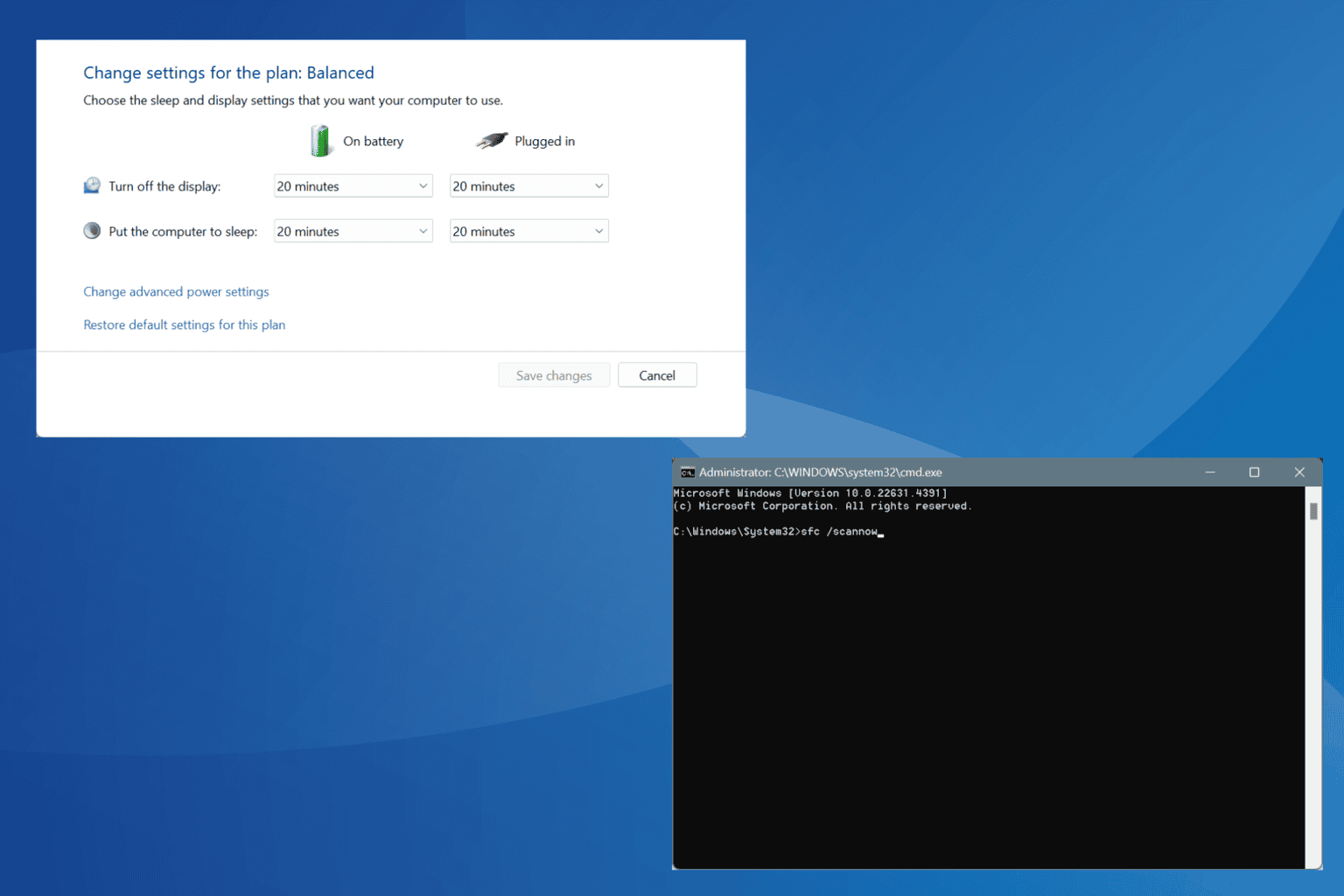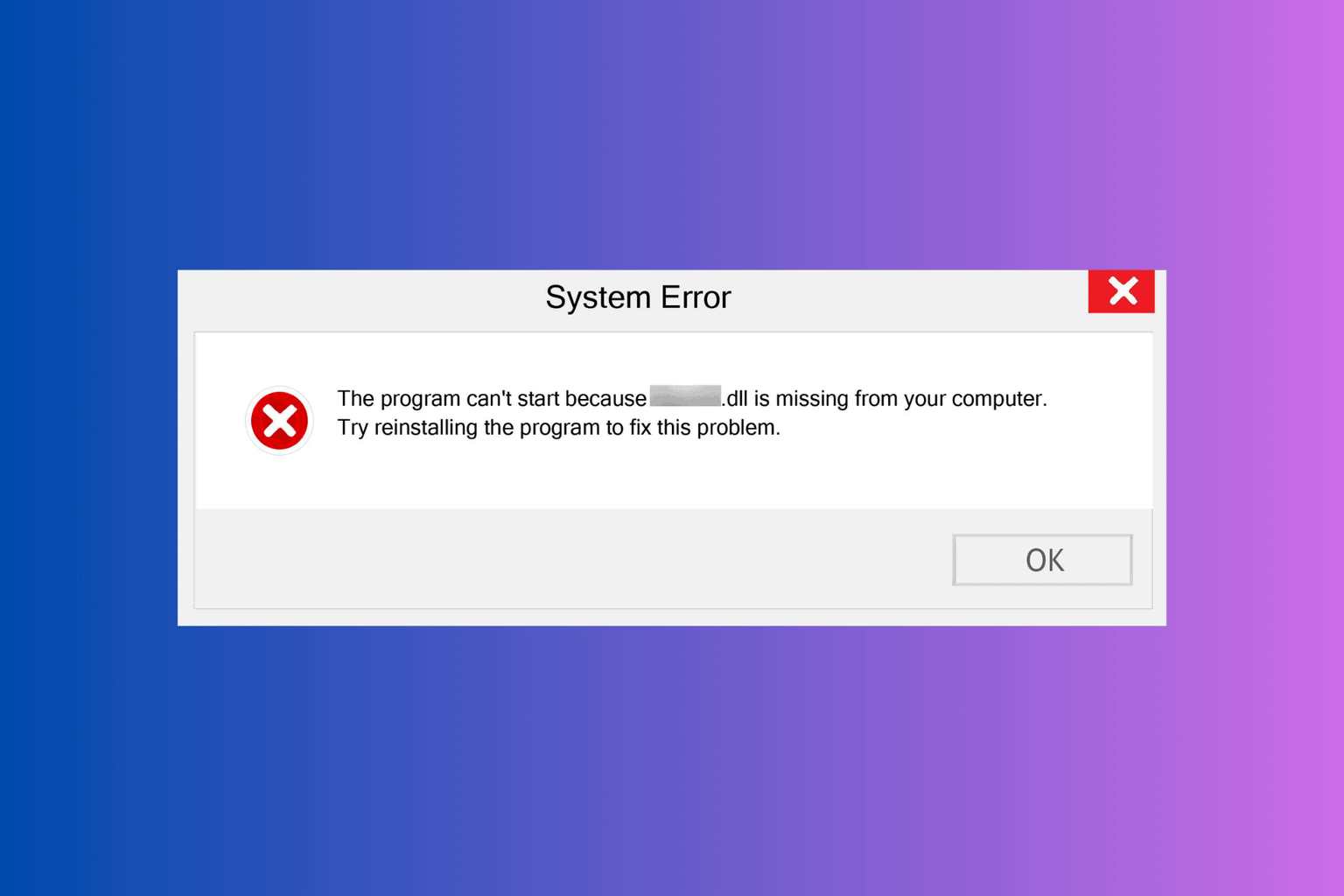Do Windows build leaks hurt Microsoft or actually help with hype?
4 min. read
Published on
Read our disclosure page to find out how can you help Windows Report sustain the editorial team. Read more
Leaks are an issue for many companies and institutions. Governments like to keep a great deal of documentation out of the public domain for reasons of national security. Musicians very much prefer that their albums are not leaked ahead of launch because leaks are likely to harm future sales. The likes of Microsoft are also keen to keep their software projects under wraps until they are ready for an official launch. But do leaks really harm software companies?
There are two sides to the argument. The first being that leaks are Bad Things. Leaks are unofficial releases and will usually mean that copyright is infringed, correct licenses are not in use, and other moral and legal boundaries are overstepped. Just as a band will argue that an early album or single leak will mean fewer sales, a lower chart position, and a decrease in income, a software company could argue that if an early build of a product is made available online, there will be fewer sales when the actual launch date comes around.
But it is not just a matter of profits. The security of software is something that developers take very seriously, and if early builds of an application or operating system fall into the wrong hands, there is potential for security problems to be discovered well ahead of launch — and this could have a devastating impact further down the line.
There is also the risk that early code will fall into the hands of competitors, and there are wide reaching possible consequences for is. A rival company getting to try out your product gives them the opportunity to copy ideas, or even better them. Seeing the innovative feature that have been built into a future product could spur them into beating you to market.
On the flipside, it could be argued that leaks actually serve as a great means of advertising a product. Why wait for a company to wax lyrical about an upcoming piece of software when you can just try it out for yourself? If a product leaks ahead of launch there is more time for hype and excitement to build. There is more time for word of mouth recommendations to be made (although there is obviously potential for this to be a negative thing!).
This is something that has served Microsoft incredibly well over the years. For all of the complaining that has been done about leaks, the fact that early builds of Windows have been used by geeks, fans, and the curious long before launch has helped to create a massive sense of anticipation well ahead of the official release date. Remember Nashville and Longhorn? How exciting was it to be able to play with new features of Windows before everyone (well, not literally everyone!)?
The same has been true of the leaks for Windows 8, Windows 8.1 and even Windows 8.1 Update. It’s all well and good being told what’s going to be in a future release, or even see a demonstration, but it’s something else to be able to try it out.
It also gives companies the chance to respond to feedback and tailor a product before it even hits the market — think of it as a form of market research if you like. If it becomes apparent that those people who did manage to get hold of an unofficial pre-release version are not keen on a particular feature, it makes sense to ditch it or change it. If nothing else, it is cheaper than paying for a proper team of alpha and beta testers!
There will always be two sides to the story, but I’d be interested to hear what you think. Are leaks a good or a bad thing?









User forum
0 messages